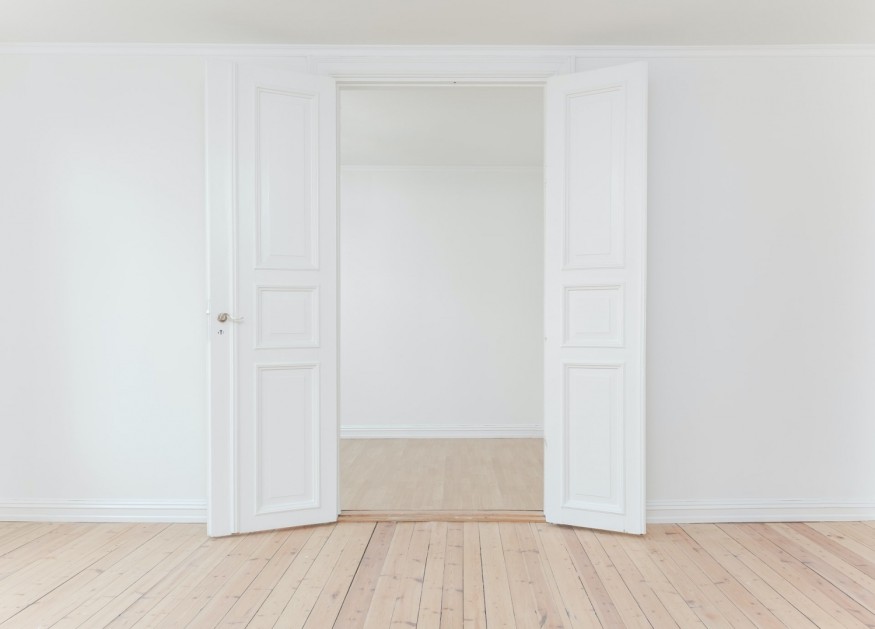
Home inspections are essential to make sure the home you're buying is safe and comfortable - 86% of buyers who used a home inspector found they had at least one problem that needed fixing, the National Association of Realtors reports. Additionally, nearly 50% of these buyers were able to negotiate a lower final sales price (by $1,250 on average) because of repairs or replacements needed. Moisture and mold, carbon monoxide and smoke detectors, and pests and insects are some of the most important things to inspect before making a purchase.
Moisture and mold
Mold is a common household problem, which can result in health issues in residents and expensive damage to the home. It's important to thoroughly check the property for moisture and mold growth. A moisture meter can alert you to the severity of water stains that may also signal mold growth. A high moisture content indicates the strong potential for mold growth. Similarly, a flexible borescope can be used to conduct cavity wall inspections to look for mold and moisture without opening up the walls. Borescopes are inserted into the wall via small drill holes. Comprehensive 360-degree video footage of the space can then be viewed on a connecting screen. Fortunately, some mold problems are relatively harmless and simple to fix; the current owner may be happy to do so. However, if toxic Stachybotrys chartarum - aka black mold - is identified, it must be dealt with immediately.
Carbon monoxide and smoke detectors
Laws regarding smoke and carbon monoxide detectors differ from state to state, but there are often requirements for these detectors in properties being sold. In some states, legally the seller must give the buyer an official certificate at closing, stating that smoke and carbon monoxide detectors are present and working in the home. Once you own the property, it's up to you to keep the detectors functioning correctly. Asking the seller about the unit's age and maintenance history can help you look after them better and be aware of when batteries need replacing and alarm sensors calibrating. Home inspectors generally aren't qualified to assess these detectors, but a licensed contractor can ensure they're working well and up to code.
Pests and insects
Any pest problems need to be identified and removed before you move in. Termites, for example, can ruin a home's foundational structure over time. Dry-wood or "subterranean" termites can result in thousands of dollars in damage. The property's interior and exterior should be checked for signs of damage or infestation, which can include: bubbling or buckled paint, damaged or moist wood (a moisture content of 28% or over can also indicate the presence of harmful fungi), gnawed cables and wiring, mud tubes (created by subterranean termites), droppings and wing piles. A pest inspector can identify and remove any pest problems, as well as provide information on preventative measures to keep pests at bay.
Purchasing a home is a huge financial decision. A comprehensive property inspection can make sure your new home will be safe and comfortable for years to come.



